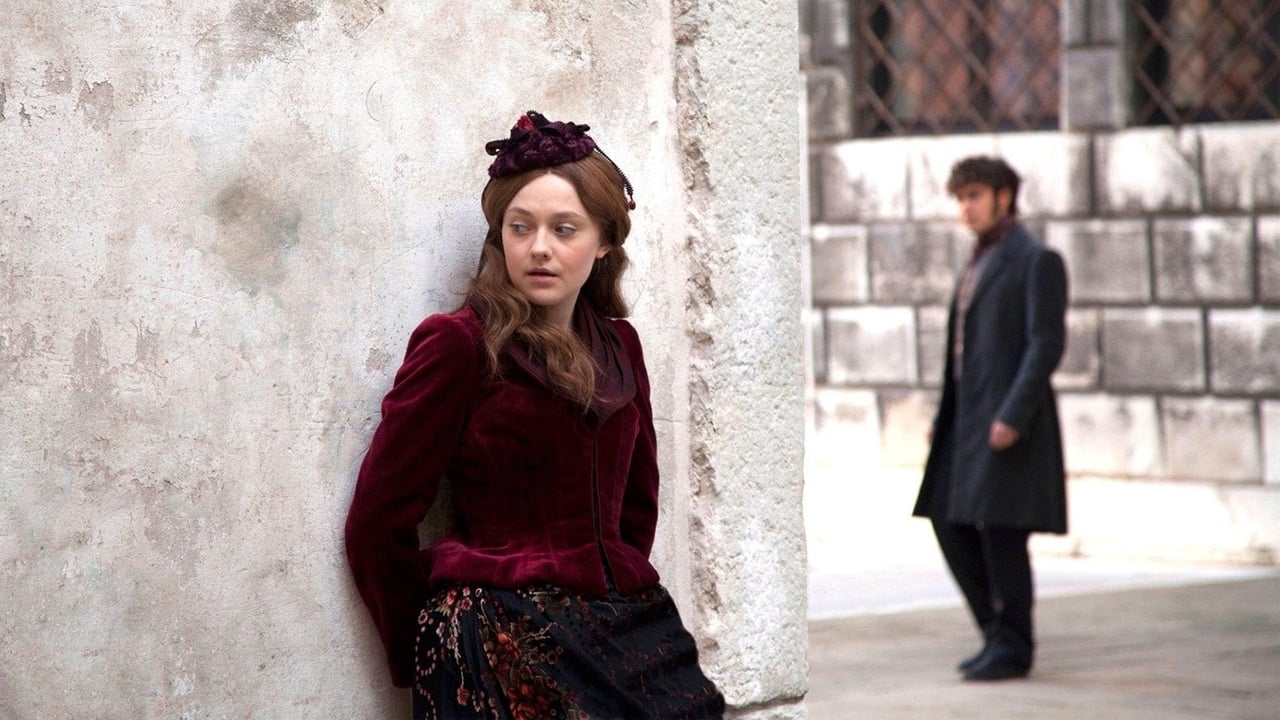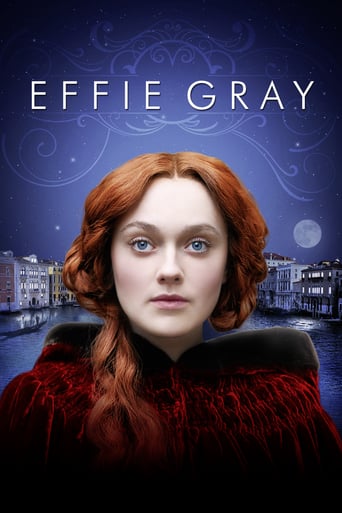

Sorry, this movie sucks
... View Moren my opinion it was a great movie with some interesting elements, even though having some plot holes and the ending probably was just too messy and crammed together, but still fun to watch and not your casual movie that is similar to all other ones.
... View MoreWhile it is a pity that the story wasn't told with more visual finesse, this is trivial compared to our real-world problems. It takes a good movie to put that into perspective.
... View MoreEasily the biggest piece of Right wing non sense propaganda I ever saw.
... View MoreOne of the few true storytelling masterpieces, The emotional EQ of this film is beyond what the average viewer will ever be able to comprehend, but the coagulant of fanning portrayal of emotion combined with the pose of the cinematography reaches a subliminal communication of emotion which few films have ever been able to obtain. This literal is one of the greatest films that presents to you an opportunity to truly feel the emotions of person far from your own experience, to be outside of the very life you live in. Even if it is just for a moment, the emotional experience twinkles like a magical shooting star in the far northern skies.
... View Moreloved the movie, but Emma Thompson would be the best to play Hillary Clinton in a movie called {Hillary}!can someone put this together, or do you need me to write the plot! come on, think about it, at this time it would be a box office hit! If you need any ideas, I can help you out with this, although this movie (Effie Gray), Emma Thompson gave a very high performance. But she wood give justice playing the first lady of the United States of America, Hillary Clinton. her grace and undeniable resemblance of Hillary Clinton would make the box office hits go off the charts. There has to be someone out there that shares my thoughts and imagination of how this would be a good story about our nations first lady and the life of the Clintons.
... View MoreThe movie relied more on the social interaction, than maybe giving us the scandal that resulted from the social interaction. It is a matter of taste here. It is, though, very well done period piece and brilliantly acted. Anything that exposes history to the otherwise ignorant is to me, always worthwhile. If the scandal itself had been shown, I might have given it a higher rating. This is of course if the quality of film making had continued. Many would regard the film as slow, but then again, most period pieces are slow. Dakota Fanning shocked me with her perfect English accent, her being an American, born and raised. As for Emma Thompson, well, there's no beating her by anyone in the business.
... View MoreThe movie was delayed a year to hit the screen due to the copyright issue. A biographical picture from Britain set in the late 1840. The movie revolves the story of Euphemia Gray shortly known as Effie Gray and her married life. She was from Scotland and only 19 when she married to the British art critic John Ruskin. But she was kept under certain limits of space by her laws. It makes her a lonely soul in the house, which surface a serious threat to their loveless marriage. Can it be held or not is the movie's final conclusion.Dakota Fanning, like I saw her yesterday in teen movies, but now she's in a grown up movie. Felt kind of hard to accept, and then after a while begin to like her performance. That does not mean it was a powerful act, somehow convincible to the viewers. That is mainly because of the story. Actually it's a simple story, if it was set in the today's world. For those periods, it was a big affair to deal publicly as well as family's prestige.The movie's settings and locations were good. As usual in a period drama the costumes are very good. It's always pleasure to learn the history through movies than the school textbooks. Other than that it was an average or just above. The thing is, it was a too slow and a little long movie, thus its not a commercial film. Many people aren't ready to pay watch it in the theatres, that is understood. So in my opinion, it should have been a television movie instead, with sliced into 3-4 episodes. Anyway, not for everyone, but for those who love slow presentations would have a good time.6/10
... View More